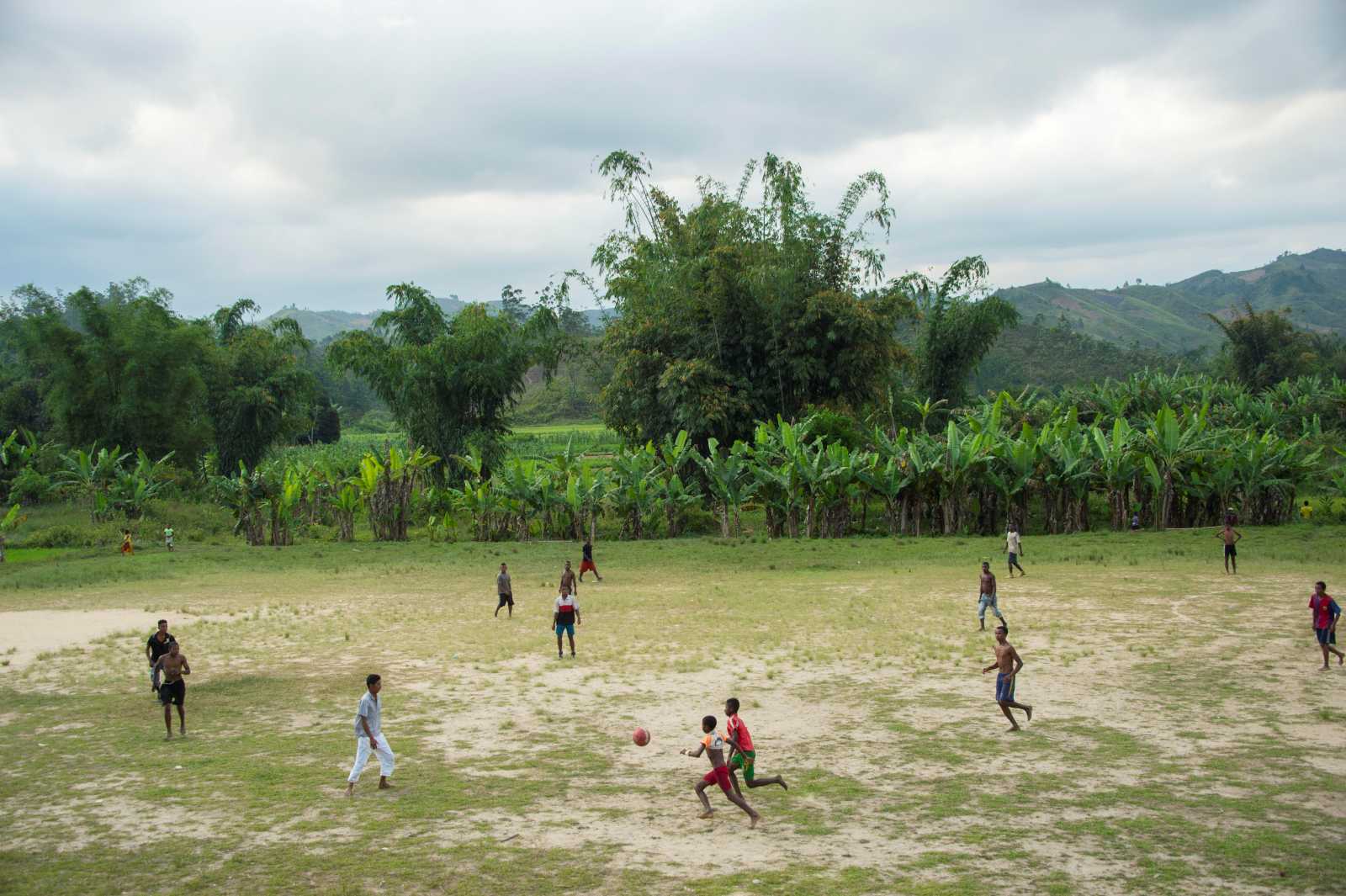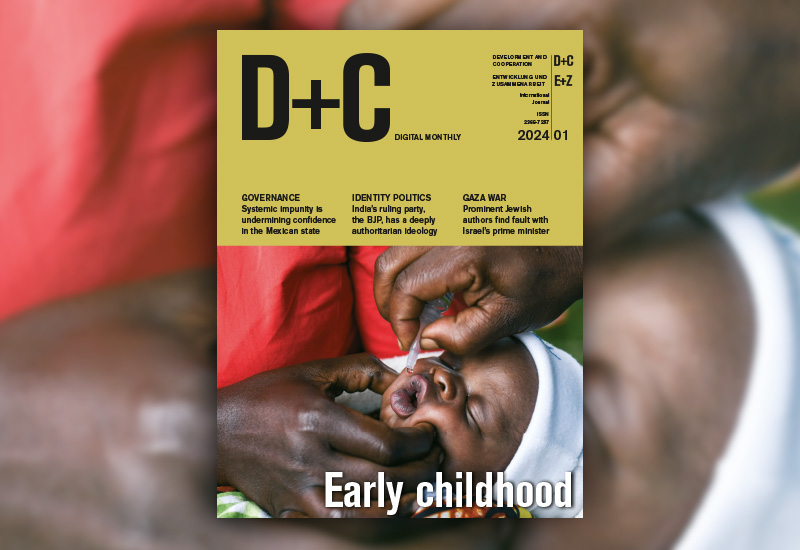Poverty
Street children perpetuate crime

One fateful afternoon in February, Hanifa Iza (real name withheld) was scared to death. A notorious gang of kids surrounded her and stole her new phone in the Limbe neighbourhood in Blantyre. “I was making a phone call while walking in town and the next thing I saw were three boys in front of me yelling at me to hand over my phone,” Iza says. “One of them had a knife pointed at me. I was in complete shock; I just remember trembling in fear. Just like that, my phone was gone. It was one of the most terrifying moments of my life.”
Malawi is said to have an estimated 15,000 homeless children living on the streets. They take to the streets because of the poverty at home, family breakdown or HIV/AIDS which has left an estimated 1.2 million children in the country orphaned. Over the years, crimes attributed to street children have become more common. Many Malawians now live in fear for their safety and the safety of their property.
Fyson Kotiya, a domestic worker based in Blantyre, recalls an encounter like Hanifa Iza’s. He was on his way to Limbe one morning, when a horrifying incident occurred. “I was walking alongside vendors and other random people on my way to the market when suddenly a kid stopped me, asking for money,” Kotiya reveals. “After I declined, a bunch of other kids surrounded me and grabbed my trousers tightly and forced me to reach for my pockets. One of them had a sharp object in his hands that was pointed directly at me. I had nothing to give them, so I braced for the worst, I just stood there trembling.”
Kotiya says none of the people around him attempted to take any immediate action against his attackers. “People just stood there watching, others even walked past like nothing strange was happening. I was only rescued later by a group of guys in the market who stood up to them and they left.”
Many studies and reports link street children to organised crime gangs. Once the younger kids go on the streets, they are tasked into begging and stealing to survive and remain protected by the older gang members. While some children are indeed homeless and without any trusted guardian in their lives, there are those who have homes, yet still make a living off the streets.
One of these is the eldest son of Esther Nthambi (real name withheld), a single mother of eight. The now 17-year-old boy took to the street at a young age. “We often depend on the money he brings home from begging in town. As a parent, I am not happy that he is on the streets because life there can be rough, but it’s his begging that sustains us,” says Nthambi.
Sumeya Issa is a freelance journalist in Malawi.
sumieissa@gmail.com













